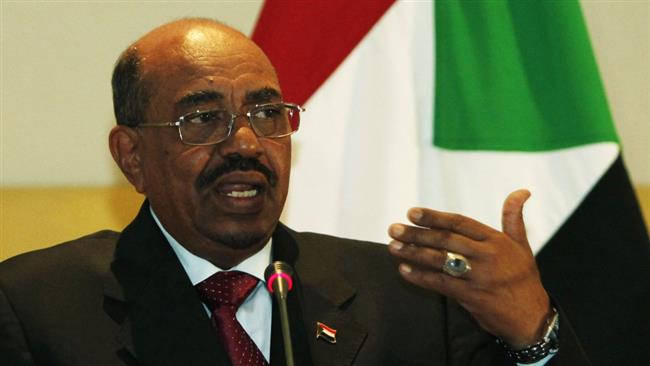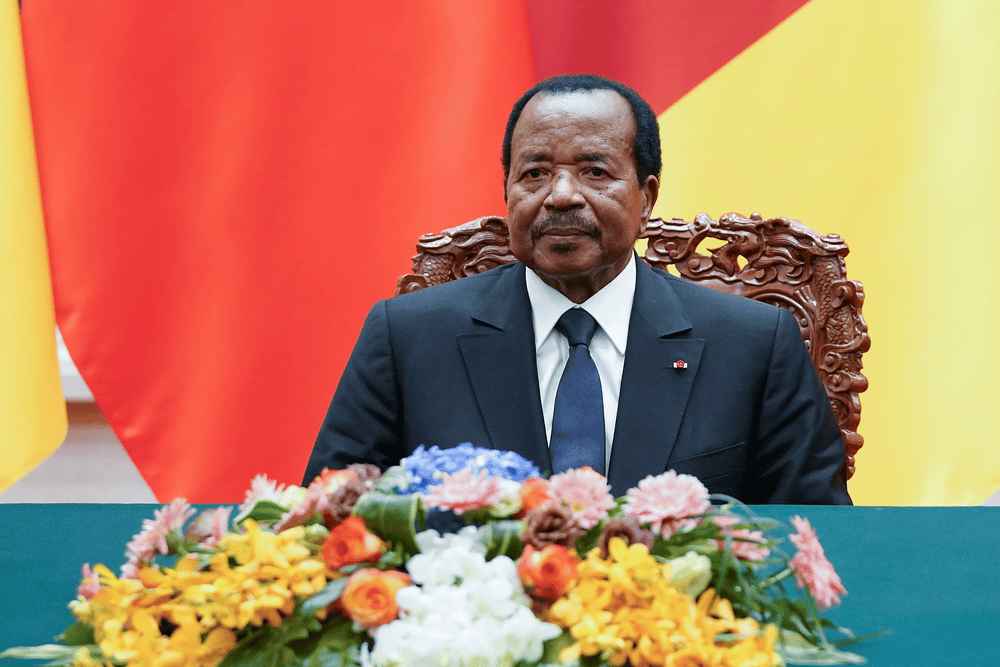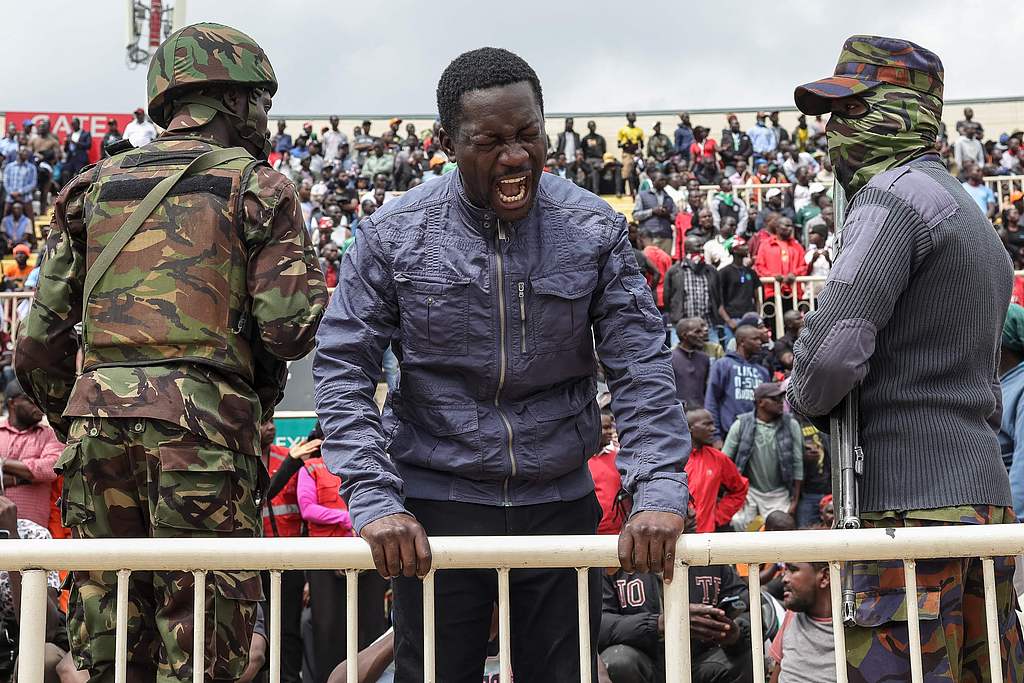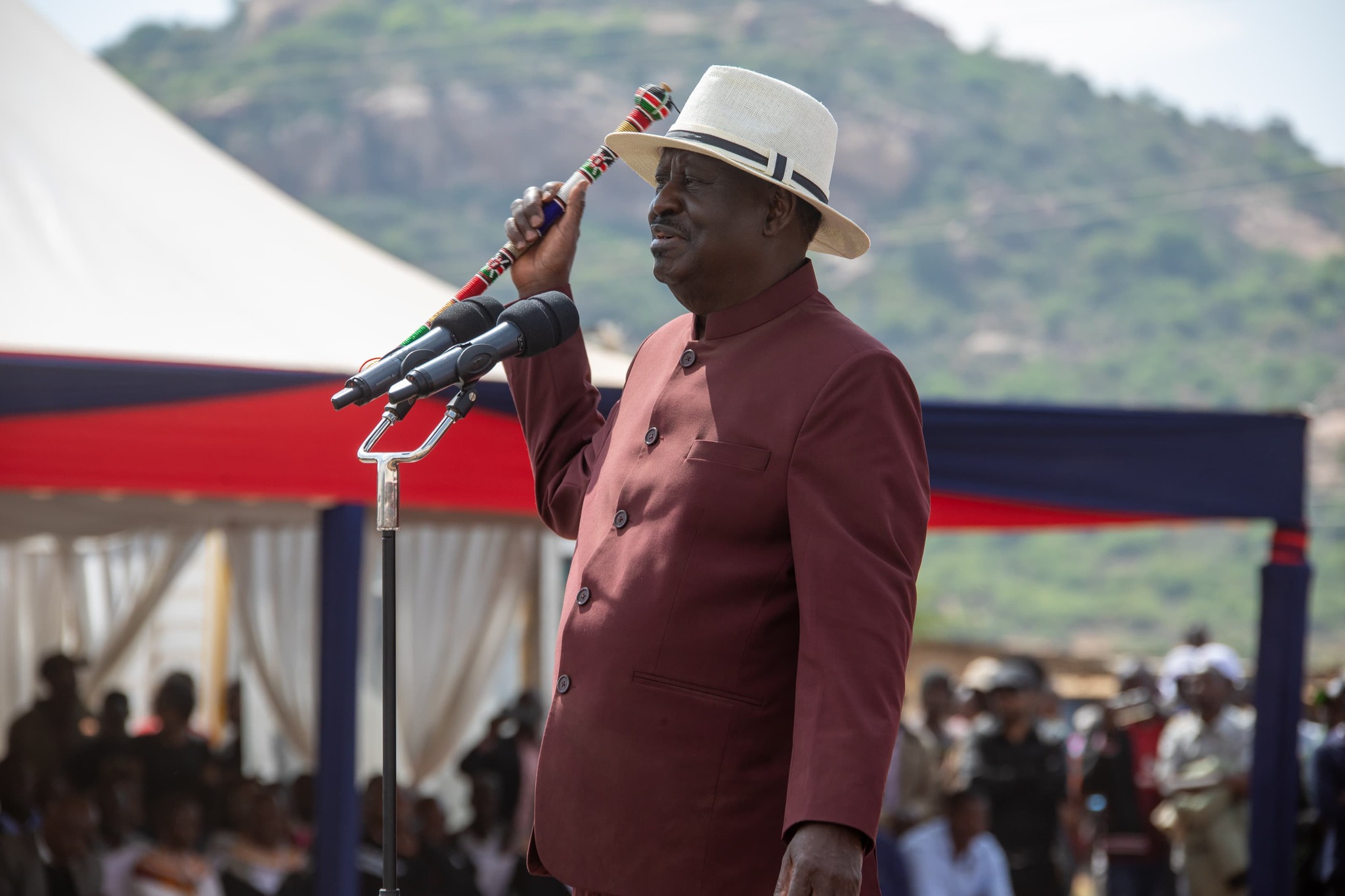
South Africa blamed for failing to arrest wanted Sudanese president

South Africa argues President Omar Al-Bashir had diplomatic immunity when he attended the African Union Summit in Johannesburg in 2015. It says it was therefore not obliged to arrest the Sudanese Leader.
“The fundamental issue that I think is problematic from South Africa’s perspective is that it violated it’s own laws to enable that. If you want to allow Africa Union gatherings in which people who ate implicated by the ICC can come to those meetings, then you have to pass domestic legislation that allows that to happen. And as it stands, South Africa didn’t do that. South Africa domesticated their own statute, and that effectively that statute was quite clear, that if he arrived, he had to be arrested,” said Adam Habib, vice Chancellor, Wits University.
Several African countries including South Africa have accused the ICC of unfair treatment, threatening to withdraw from the court.
“The ICC targets African leaders but doesn’t say enough about those like Blair, like Bush and others who’ve committed atrocities elsewhere in the world. And I think that that’s illegitimate. I think they need to start playing this more, be far more politically adept in the way they manage these issues. However, having said that, that does not absolve the African leaders. These are not innocent blokes,” said Adam Habib, vice Chancellor, Wits University.
South Africa has five days to appeal the ruling and is seeking legal advice.
“They could fight the case. It’s unlikely to change the outcome but even if it did, the ICC hasn’t agreed on a sanction on South Africa. There’s no sanction on South Africa. They’ve made and noted the issue. If I were South Africa or the South African Government, I would let sleeping dogs lie,” said Adam Habib, vice Chancellor, Wits University.
South Africa has however warned that should it be forced to accept the ruling, it will be grounds to leave the ICC immediately.
“It really suggests that South Africa’s moving against a number of the co-operative mechanisms it built into it post-apartheid arrangements and is going in a different direction. So, it would cause international actors to look at us quite differently,” said Peter Draper, MD, Tutwa Consulting.
Should South Africa leave the ICC, it will raise questions over its stance on human rights which it has championed since becoming a democratic republic over 20 years. It may also cause a flurry of other countries on the continent to do the same.






